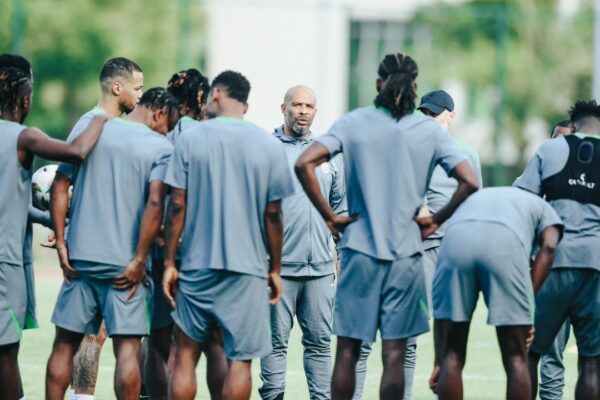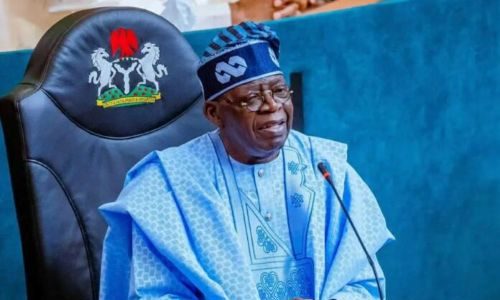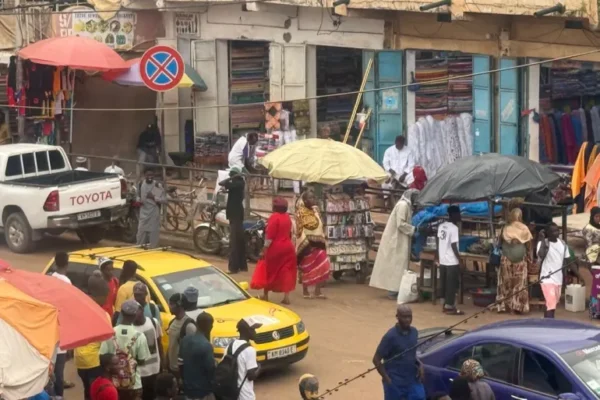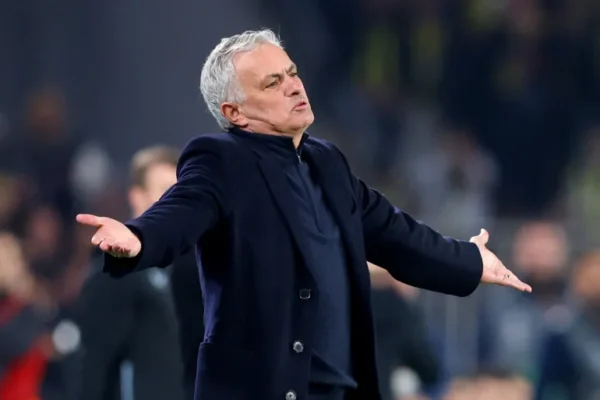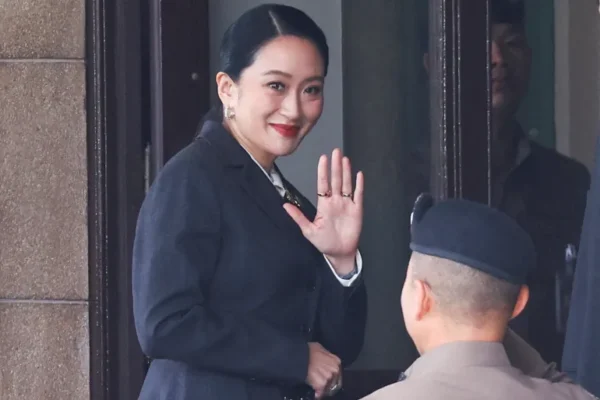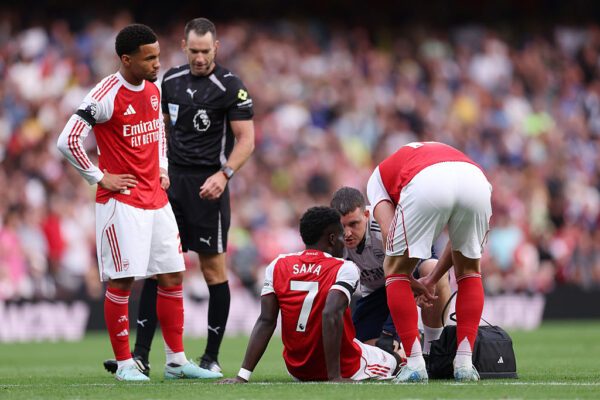
Saka Out for ‘Couple of Weeks’
Arsenal boss Mikel Arteta says it is a “concern” Bukayo Saka has suffered two hamstring injuries in eight months. The winger missed three-and-a-half months of last season following surgery on his right hamstring in December. Saka has now been sidelined for “a couple of weeks” with another problem – this time in his left leg – during his side’s win against Leeds on Saturday. Arteta confirmed the 23-year-old will not require surgery as it is “not as bad as the previous one”. “He felt something, so he will be out for a couple of weeks,” said the Gunners boss on Friday. “But it is obviously a concern, a big one, especially when we talk about a sprinter and a player that gets into that zone very often in a football match, who needs that burst, that change of rhythm of pace to be as threatening as possible.” On Thursday, the club confirmed Germany forward Kai Havertz will undergo knee surgery, but will not be out for a significant amount of time. Arteta said it was “very unfortunate” for Havertz, but surgery was “the right thing to do”. “The doctors advised and he was very convinced at the end that it was the quickest and the best way to resolve that issue,” he explained. Arsenal’s injury troubles mean they are currently without Saka, Havertz, midfielders Martin Odegaard and Christian Norgaard, defender Ben White and forward Gabriel Jesus. The Gunners, who have finished runners-up in each of the past three Premier League seasons, visit defending champions Liverpool on Sunday (4:30pm), with both sides having started the new campaign with successive wins.



